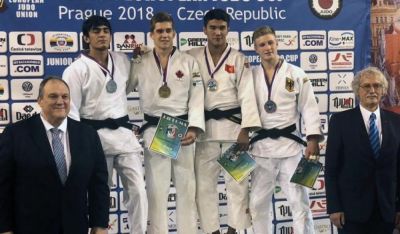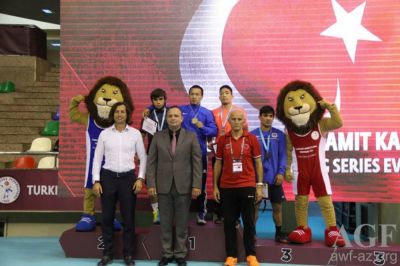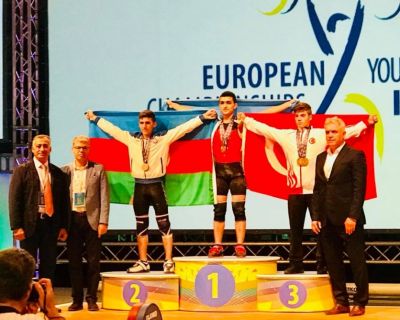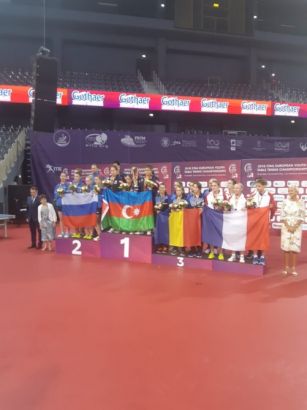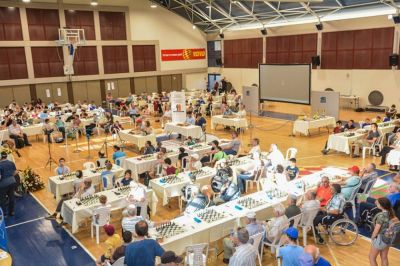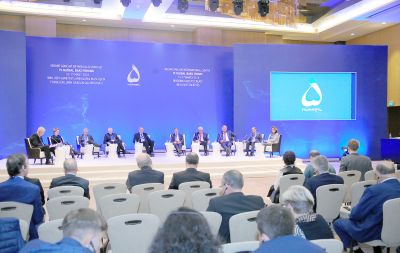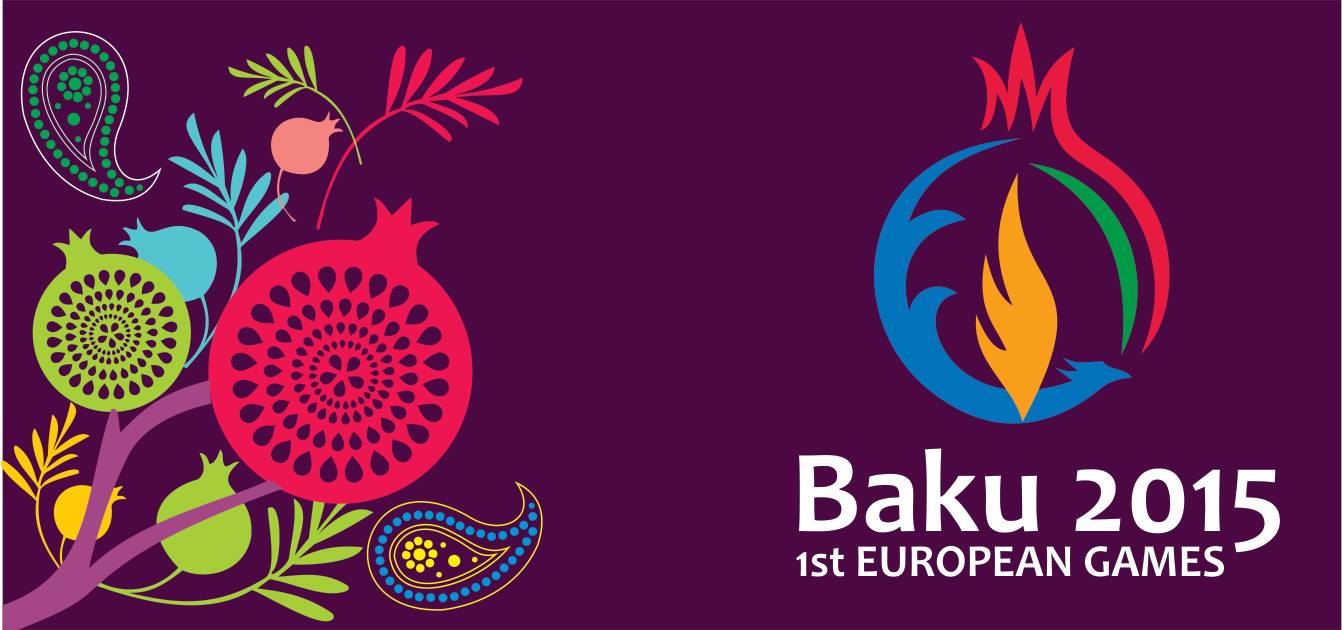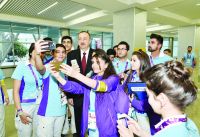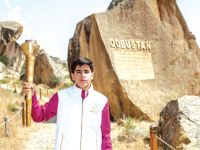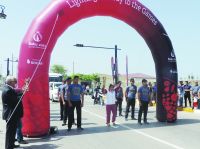The 6th Global Baku Forum has featured “Majorities Versus Minorities” panel session, which discussed goals and consequences of separatist politics.
Moderated by Valdis Zatlers, former President of Latvia, the panel session involved Mladen Ivanic, Member of the Presidency of Bosnia and Herzegovina, Rosen Plevneliev, former President of the Republic of Bulgaria, Yves Leterme, former Prime Minister of Belgium, Danilo Turk, former President of Slovenia, Petru Lucinschi, former President of Moldova, Eka Tkeshelashvili, former Deputy Prime Minister of Georgia, Ali Hasanov, Assistant to the President of Azerbaijan for Public and Political Issues, Benedetto Zacchiroli, President of the European Coalition of Cities against Racism.
Addressing the panel session, Ali Hasanov said: “The growing ethnic separatism in the world is one of the main factors negatively affecting efforts to ensure regional and international security and global peace. Over the past 200 years the Azerbaijani people have been continuously subjected to ethnic cleansing and genocide committed by the Armenian nationalists, and were driven out of their native lands to become refugees and internally displaced persons. Helped by their foreign patrons, the Armenians living with the idea of a "Great Armenia", in order to achieve their goals, carried out monstrous acts of terror and genocide and the policy of ethnic cleansing against the Azerbaijanis. In the 20th century alone, the Armenian nationalists committed genocide and ethnic cleansing against the Azerbaijanis four times – in 1905-1906, 1918-1920, 1948-1953 and 1988-1993.”
“In the second part of the 1980s, with the help of their foreign patrons, the Armenians again laid territorial claims to the Nagorno-Karabakh region of Azerbaijan. Unfortunately, the fact that the Armenian separatists were not stopped at the beginning escalated the situation. As a result, with the help of armed groups and military hardware that came from Armenia, the Armenians committed mass killings of the Azerbaijani civilians, provoking the conflict`s degradation into a full-fledged war.”
“Committed on February 26, 1992, the Khojaly genocide is the bloodiest page in the policy of aggression conducted by the armed forces of the Republic of Armenia. The Khojaly genocide was committed with the direct involvement of the former and current leadership of the Republic of Armenia. The parliaments of 15 countries and 22 US states have condemned the genocide and called it a crime against humanity. The Khojaly genocide was the killing of 613 people, including 63 children, 106 women, and 70 elderly.
Twenty per cent of Azerbaijan`s internationally-recognized territories still remains under Armenian occupation, which is a flagrant violation of international law, including the four important resolutions of the United Nations Security Council No 822, 853, 874 and 884.”
“Although the documents on the settlement of the conflict stress the importance of restoration of Azerbaijan`s territorial integrity, inviolability of borders and sovereignty, this has not yielded the desired results. The reason is, on the one hand, that the Republic of Armenia continues its policy of occupation and remains committed to its non-constructive position, while on the other, is that international community gives preference to the principle of mutual concessions. Using this, the Republic of Armenia is trying to avoid responsibility for the invasion that it started with the aim of seizing the Azerbaijani lands, and is resorting to all means to force Azerbaijan to accept the Nagorno-Karabakh Armenians as a conflict party,” he said.
“In addition, the occupation of Azerbaijan`s territories by the Armenian armed forces is a flagrant breach of basic norms of international law, including the principles of non-use of force in international relations, territorial integrity and inviolability of borders. These principles are pillars of the modern world order and main factors regulating relations between states. Territorial integrity is the key principle of main international legal documents. And self-determination can be realized only within the framework of territorial integrity. The aggressor Armenia must realize that we will not allow “self-determination” of the Armenians in Nagorno-Karabakh through occupation of the Azerbaijani territories and expulsion of other population from their homelands. The Armenians living in Nagorno-Karabakh can use their right to self-determination together with the Azerbaijanis and within the framework of Azerbaijan`s sovereignty and territorial integrity, which can take place in the form of provision of their main civil rights. This is the resolute and principled position of the Azerbaijani government.”
Documents on the settlement of the conflict adopted by all international organizations reinforce Azerbaijan`s standing and confirm that the dispute must be solved based on the principles of international law. From this point of view, the four resolutions of the UN Security Council, resolutions of the OSCE, Council of Europe, European Parliament and Organization of Islamic Cooperation hold pivotal importance and constitute a legal basis for defending Azerbaijan`s fair position on the international level,” Ali Hasanov said.
The Presidential Assistant called on the world community to take effective action and force Armenia to stop its policy of aggression and occupation.
AZERTAC
© İstifadə edilərkən "Xalq qəzeti"nə istinad olunmalıdır.




